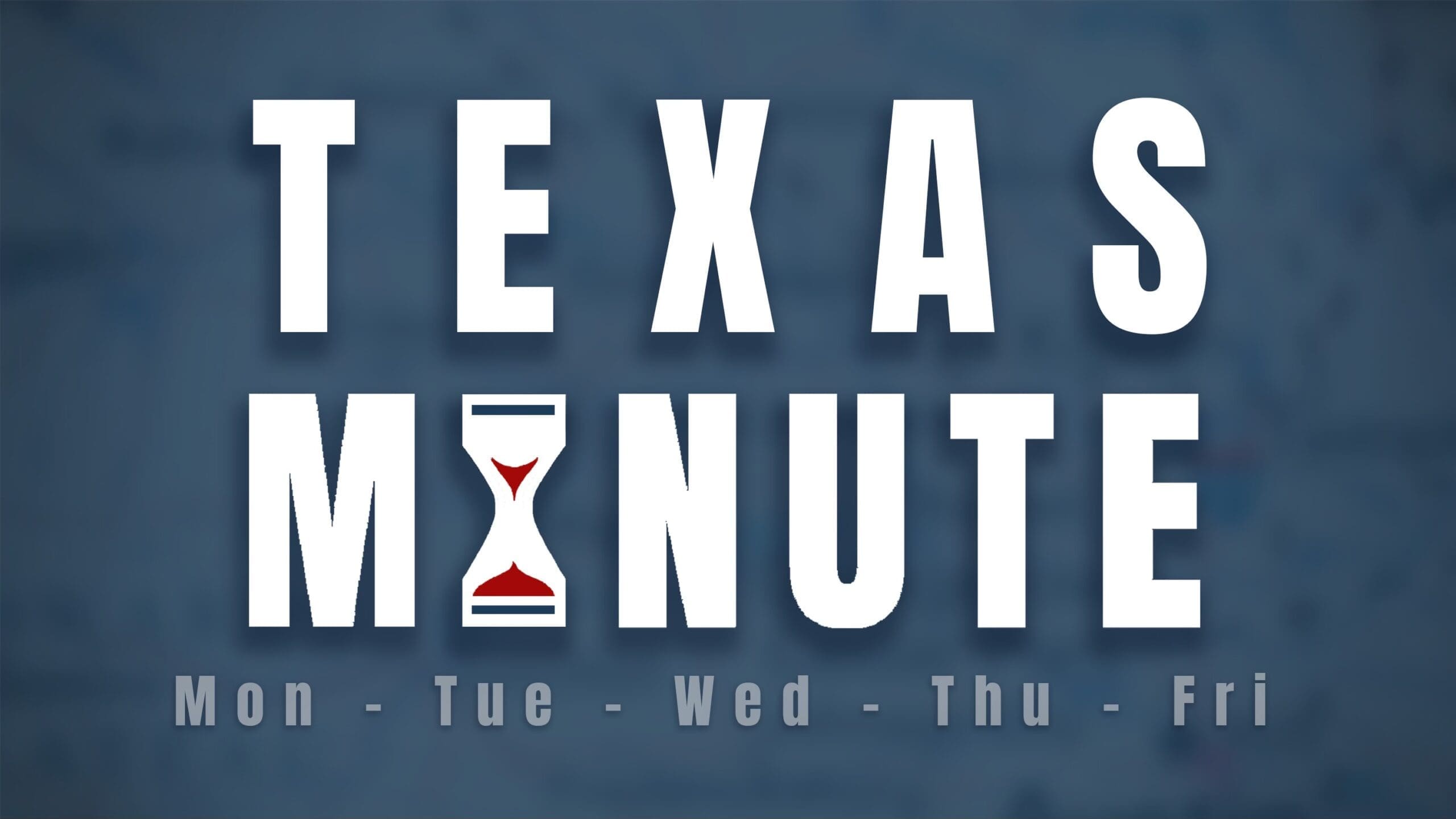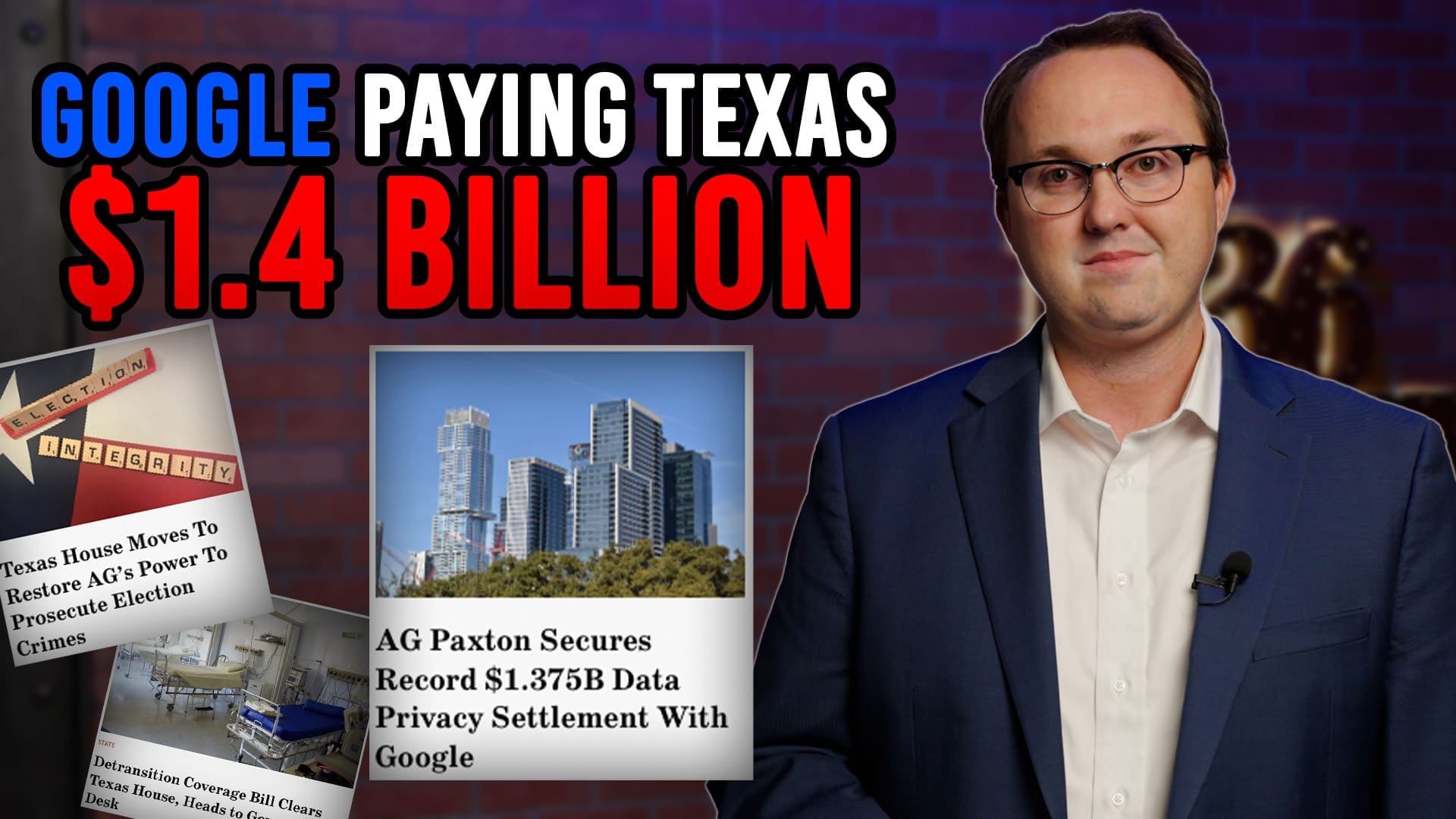WASHINGTON—A coronavirus aid package passed by the House of Representatives this weekend is heading to the U.S. Senate for deliberation despite significant conservative concerns.
A week ago, Democrat Speaker of the House Nancy Pelosi and Treasury Secretary Steve Mnuchin began working on legislation that both parties could support in order to combat and contain the coronavirus pandemic that is gripping the globe.
The result? H.R. 6201, which includes provisions for two weeks of paid sick leave and up to 12 weeks of paid leave for workers affected by the virus. Companies with 500 or more employees are exempted from the bill’s paid emergency leave requirements. Small and mid-sized businesses will apparently be given a tax credit to pay for the benefits.
The bill also provides additional funding for state Medicaid programs, $1 billion in food aid, extended unemployment benefits, and free coronavirus testing for patients without insurance.
The legislation was endorsed by Trump ahead of the vote in the U.S. House.
I fully support H.R. 6201: Families First CoronaVirus Response Act, which will be voted on in the House this evening. This Bill will follow my direction for free CoronaVirus tests, and paid sick leave for our impacted American workers. I have directed….
— Donald J. Trump (@realDonaldTrump) March 14, 2020
….the health and well-being of American families FIRST. Look forward to signing the final Bill, ASAP!
— Donald J. Trump (@realDonaldTrump) March 14, 2020
But despite the president’s support for the measure, many conservative organizations and lawmakers had misgivings about the bill.
One such organization was FreedomWorks, who asked lawmakers to vote against the legislation, writing the following on their website:
“On behalf of FreedomWorks’ activist community, I urge you to contact your representative and ask him or her to vote NO on the Families First Coronavirus Response Act, H.R. 6201. This bill is being brought to the floor, pushed by House Democrats, without any committee discussion or debate in the primary committee of jurisdiction and being brought to the floor without the opportunity for amendments. The process for this bill is only one of the concerns we have over H.R. 6201.
“Only last week, Congress bipartisanly appropriated more than $8 billion in emergency funding for the purpose of dealing with the spread of COVID-19, and it’s not clear where all of that funding is headed. The open-ended boondoggle this bill would create will certainly come with another tremendous price tag, although it is difficult to estimate how big because it is being advanced too fast for the Congressional Budget Office to even make an estimate.”
Ultimately, 40 Republican lawmakers voted against the legislation. Among them were Texas Congressmen Brian Babin, Michael Cloud, Louie Gohmert, Lance Gooden, Chip Roy, and Randy Weber.
Following the vote, Chip Roy posted an extensive account of the reasoning behind his vote on Twitter.
Early Saturday morning I voted against legislation we had no time to debate, amend, or even read. That bill was badly flawed. It purports to help people by putting a massive mandate on small & medium sized businesses while perpetuating the K-Street… #BeatCoronaVirus (1/16)
— Chip Roy (@chiproytx) March 16, 2020
Following the passage of the legislation, the House adjourned on recess—a move that empowered Congressman Louie Gohmert (who stayed in Washington) to be in the catbird seat when lawmakers needed to approve 87 pages of technical corrections to the legislation by unanimous consent, allowing him to waylay the legislation.
My constituents did not elect the California delegation to represent them, they elected me—and that’s what I am trying to do. I will not give my consent without first reading these very serious changes … https://t.co/phTTZlg6mN
— Louie Gohmert (@replouiegohmert) March 16, 2020
Gohmert ultimately relented after being ensured by President Donald Trump and Treasury Secretary Steve Mnuchin that the legislation would be substantially improved in the U.S. Senate.
The legislation now proceeds to the nation’s upper legislative chamber.





